Reuters quoted a senior Lebanese official as saying on November 18 that Lebanon and Hezbollah have agreed to US proposals for a Hezbollah-Israeli ceasefire. Ali Hassan Khalil, an aide to Lebanese Parliament Speaker Nabih Berri, said Beirut sent a written response to the ceasefire proposal to Washington's representatives on November 18.
Lebanon, Hezbollah agree to ceasefire proposal with Israel
Waiting for common voice
According to Mr. Khalil, Lebanon has made some comments on the US proposal, emphasizing that Beirut's response is in line with UN Security Council Resolution 1701, which was issued to end the 2006 Hezbollah-Israel war. The main content of which is to require Hezbollah to disarm and end its military presence in some areas of southern Lebanon. Over the past 18 years, Israel and Hezbollah have repeatedly accused each other of violating this resolution. Whether the parties agree to strictly comply with Resolution 1701 or not will be an important factor in determining the prospects for de-escalation of the conflict.
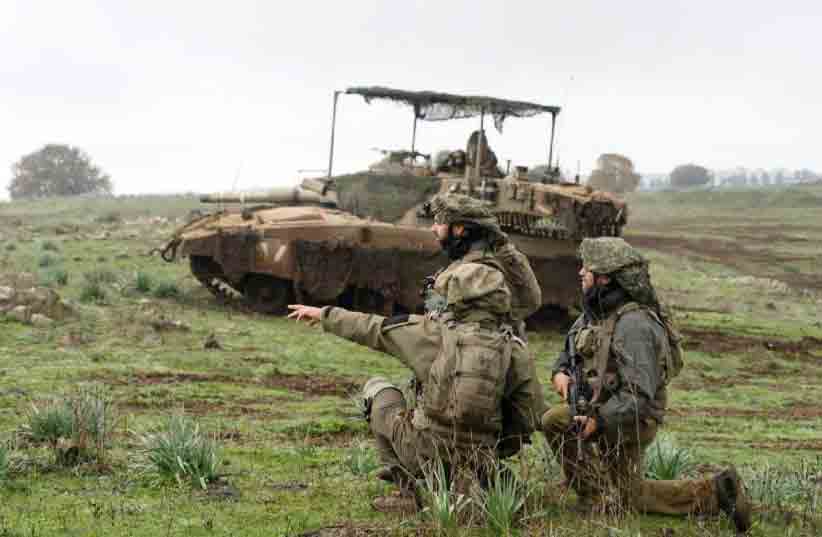
Israeli army operates on the Israel-Lebanon border
Lebanese officials have said they are taking a positive stance on the latest US ceasefire proposal, which is Beirut's most serious effort yet to end the fighting. According to Axios, the latest draft agreement includes a 60-day ceasefire. During that time, Israel will withdraw its troops from southern Lebanon, and Hezbollah will move its weapons away from the Lebanon-Israel border, north of the Litani River. White House envoy Amos Hochstein was also in Lebanon on November 18 to discuss details of the ceasefire .
Some observers expressed hope for progress in the negotiations, while pessimists said it could be a glimmer of hope that would soon fade, similar to the efforts to find common ground on ceasefires over the past several months in Lebanon and the Gaza Strip.
In addition, Israeli Prime Minister Benjamin Netanyahu on November 18 bluntly declared that he would continue operations against Hezbollah despite the agreement, with the aim of preventing the armed group from reorganizing its forces. Regarding the situation in the Middle East, leaders at the G20 Summit held in Brazil on November 18 issued a joint statement, calling for a comprehensive ceasefire in Gaza and Lebanon, and the release of all hostages being held.
Israel kills Hezbollah media leader, carries out heavy airstrikes on Lebanon and Gaza
Smoke and fire engulfed
It is unclear what the latest stance from Beirut on the ceasefire will mean, but smoke and fire continued to appear in Lebanon on November 19. Lebanese media reported that Israel carried out an airstrike on the outskirts of Beirut without warning of evacuation, injuring several people. Earlier, Lebanese health officials reported that Israeli airstrikes around Beirut killed five people on November 18.
Yesterday, the Israeli military said five rockets were fired from Lebanon into central Israel, while at least 10 others were fired into the north. The attacks between Israel and Hezbollah continued over the past week and into early this week and show no signs of abating. Lebanon says more than 3,500 people have been killed in more than a year of conflict, with most of the casualties coming after Israel stepped up its airstrikes on Lebanon since late September.
The Times of Israel reported on November 18 that Israeli Prime Minister Benjamin Netanyahu said the order to carry out the series of pager explosions in Lebanon in September came earlier than planned. Netanyahu said the Israeli cabinet had initially planned to carry out the attack in October, but there were reports that Tel Aviv's intentions were about to be exposed. The Israeli Prime Minister added that he did not disclose the plan to the US because of concerns about leaks or Washington's possible objections.
Source: https://thanhnien.vn/tia-sang-cho-co-hoi-ha-nhiet-trung-dong-185241119202512989.htm


![[Photo] Opening of the 11th Conference of the 13th Party Central Committee](https://vstatic.vietnam.vn/vietnam/resource/IMAGE/2025/4/10/f9e717b67de343d7b687cb419c0829a2)


![[Photo] Unique folk games at Chuong Village Festival](https://vstatic.vietnam.vn/vietnam/resource/IMAGE/2025/4/10/cff805a06fdd443b9474c017f98075a4)

![[Photo] April Festival in Can Tho City](https://vstatic.vietnam.vn/vietnam/resource/IMAGE/2025/4/10/bf5ae82870e648fabfbcc93a25b481ea)
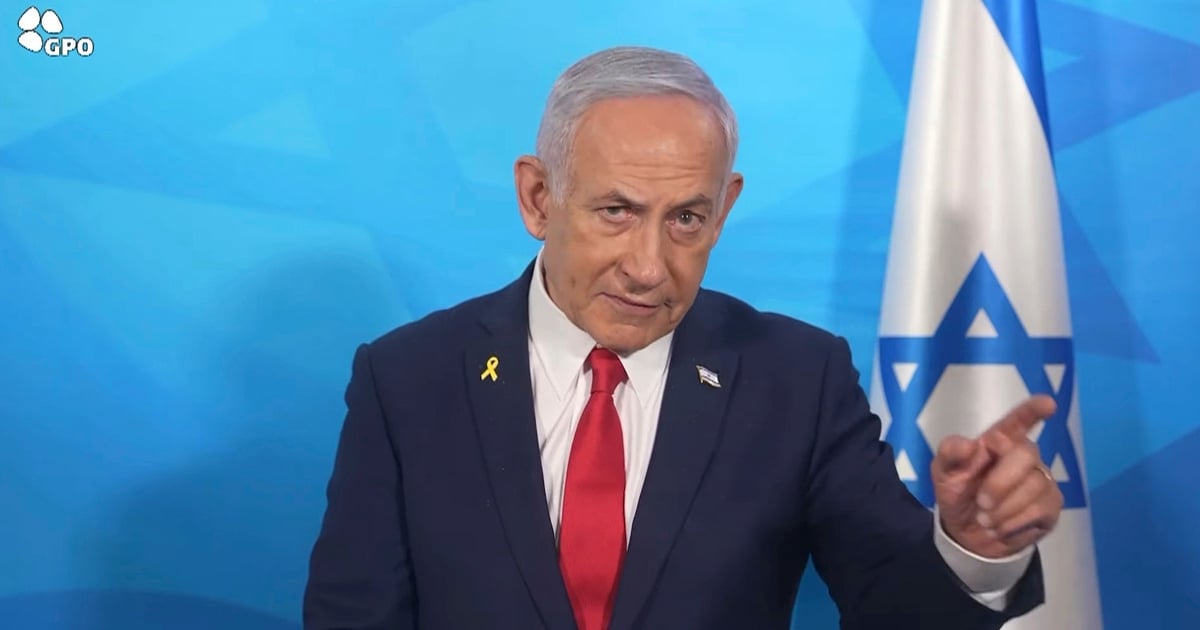
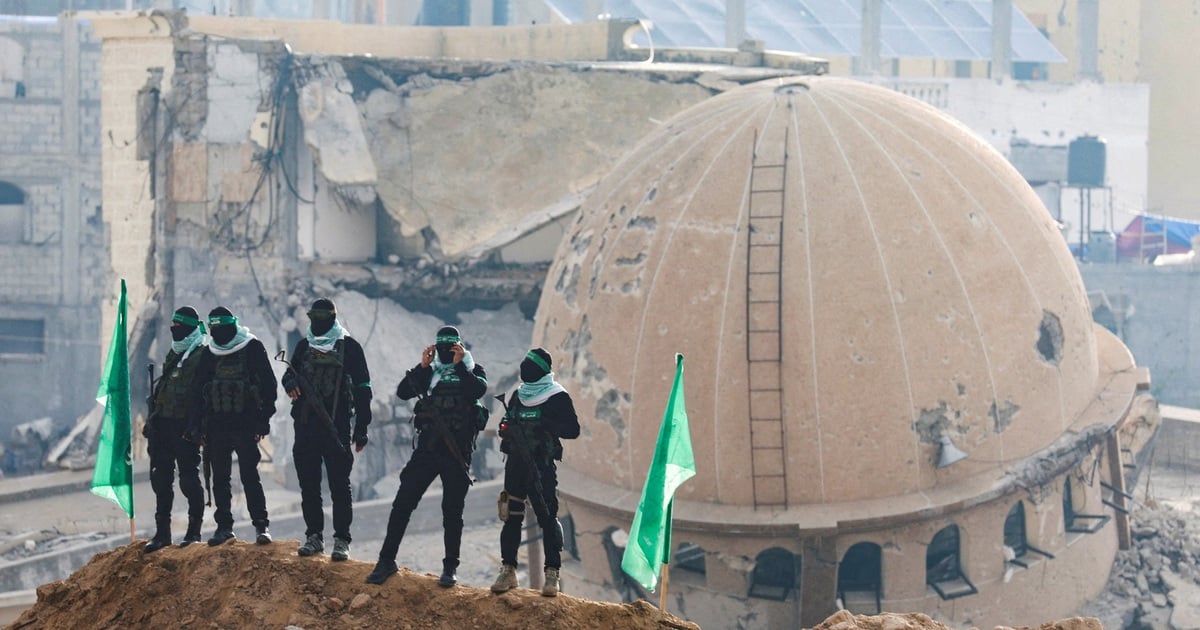
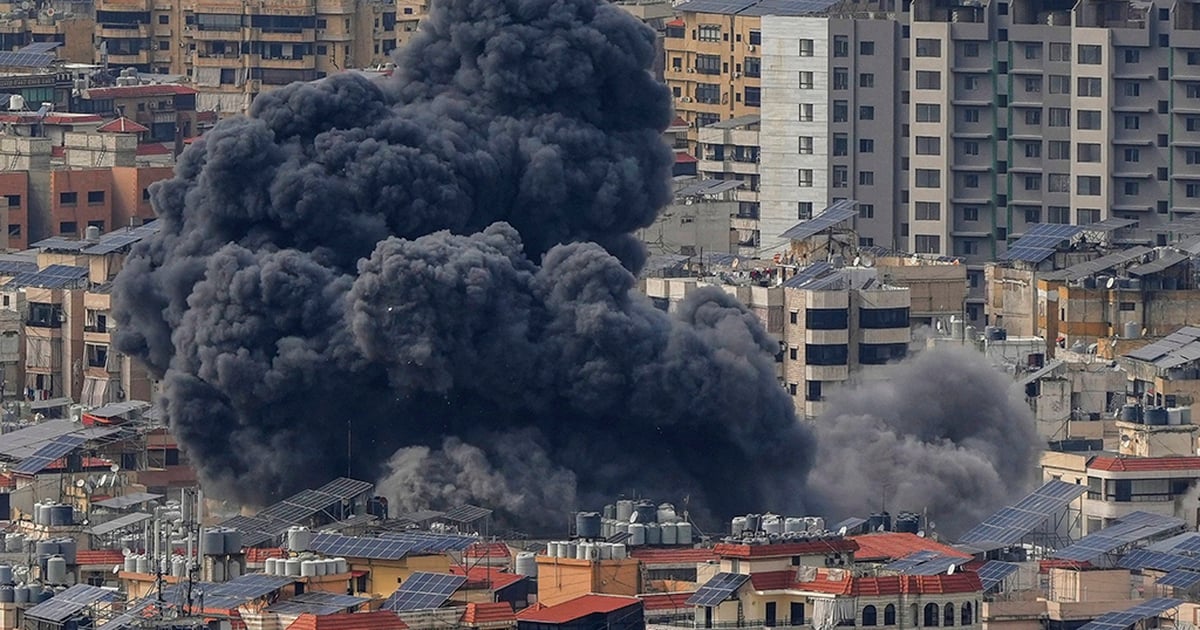
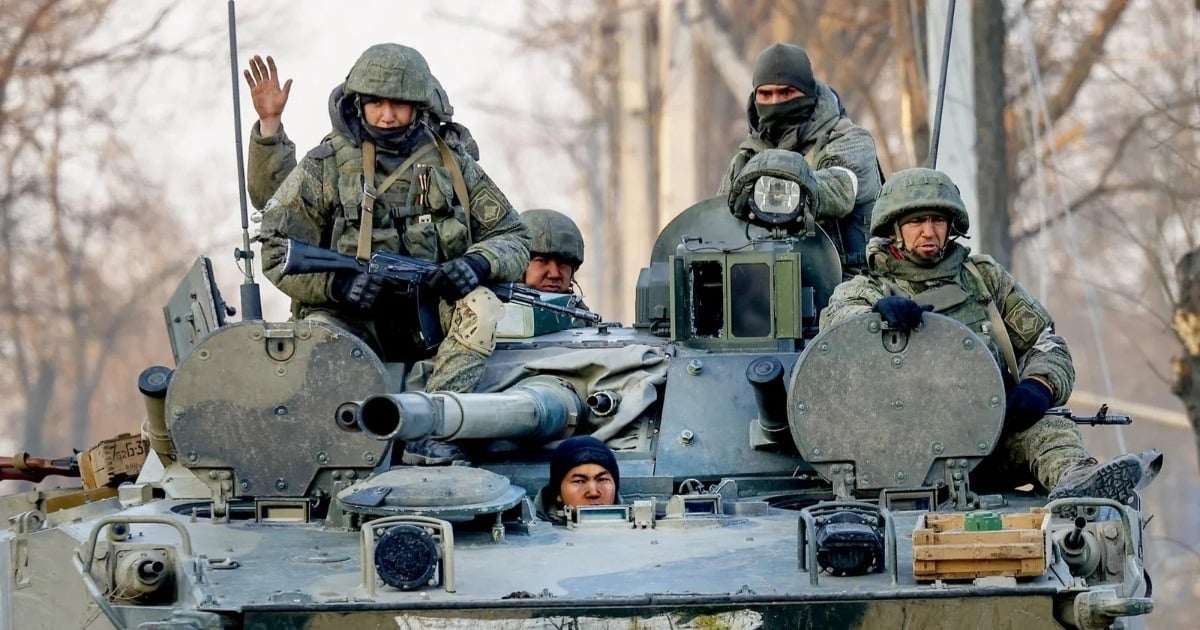

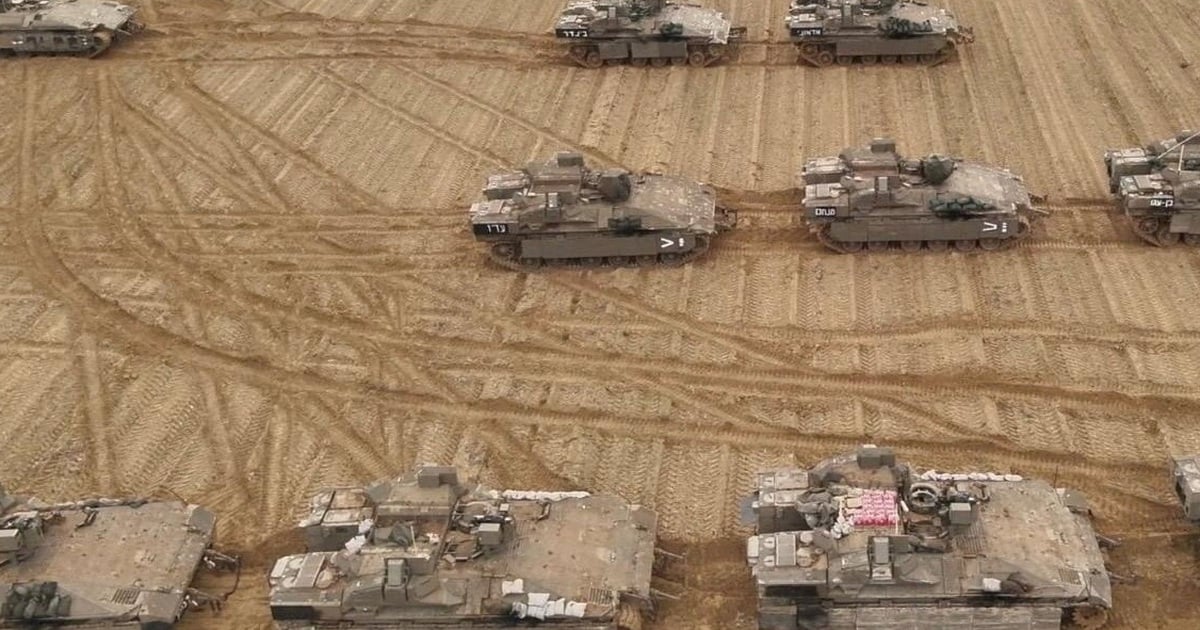
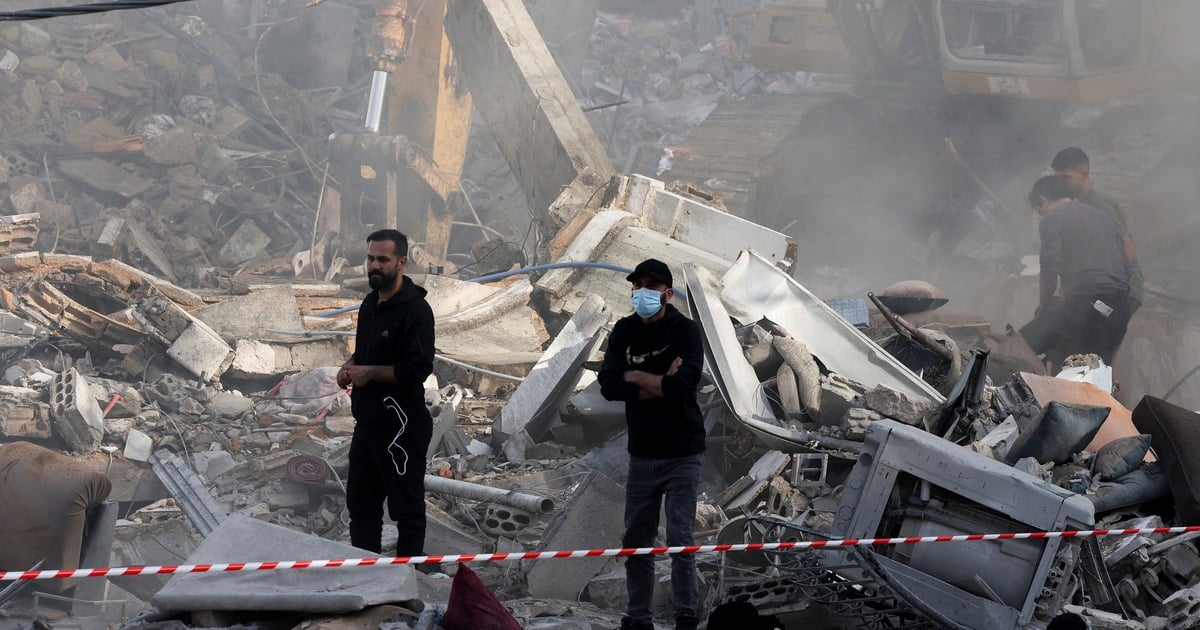





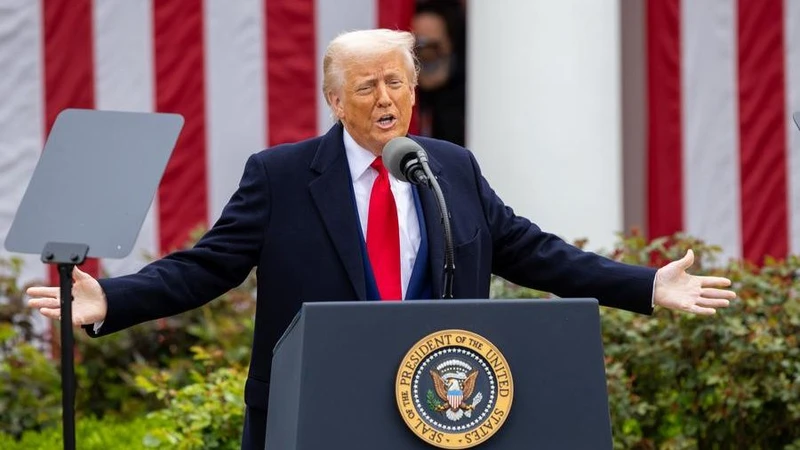







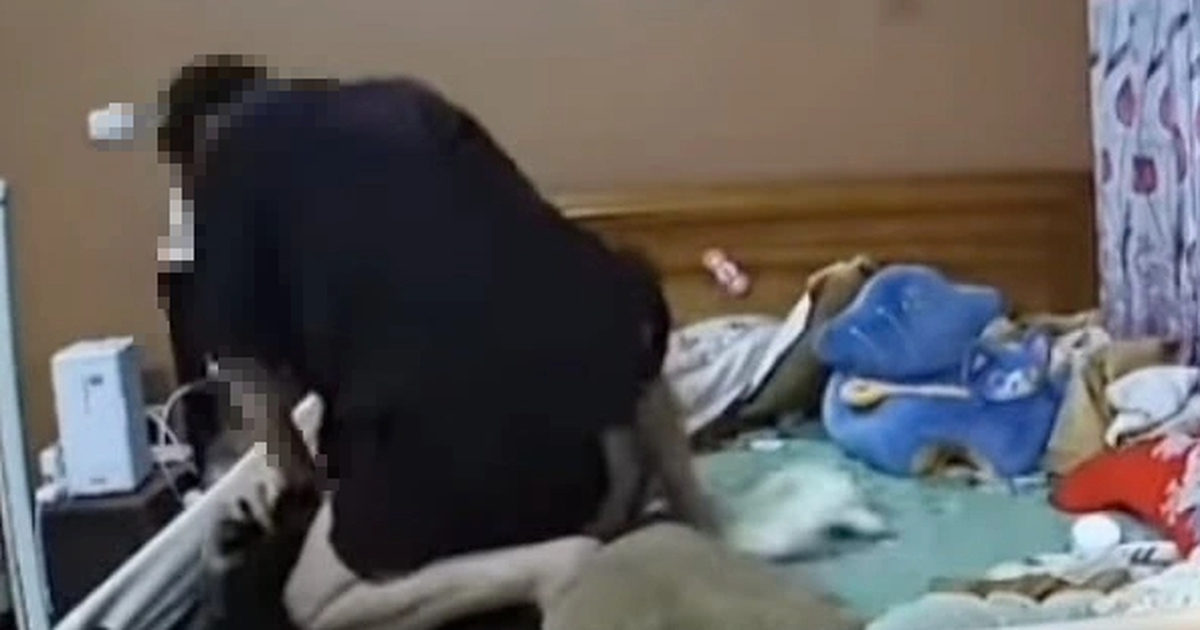


















































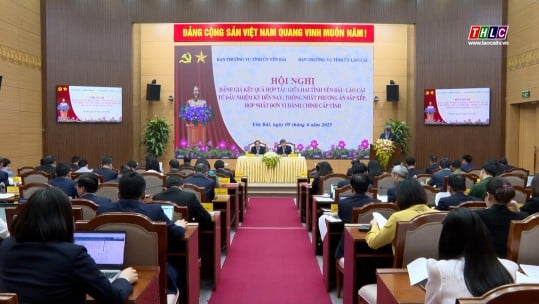
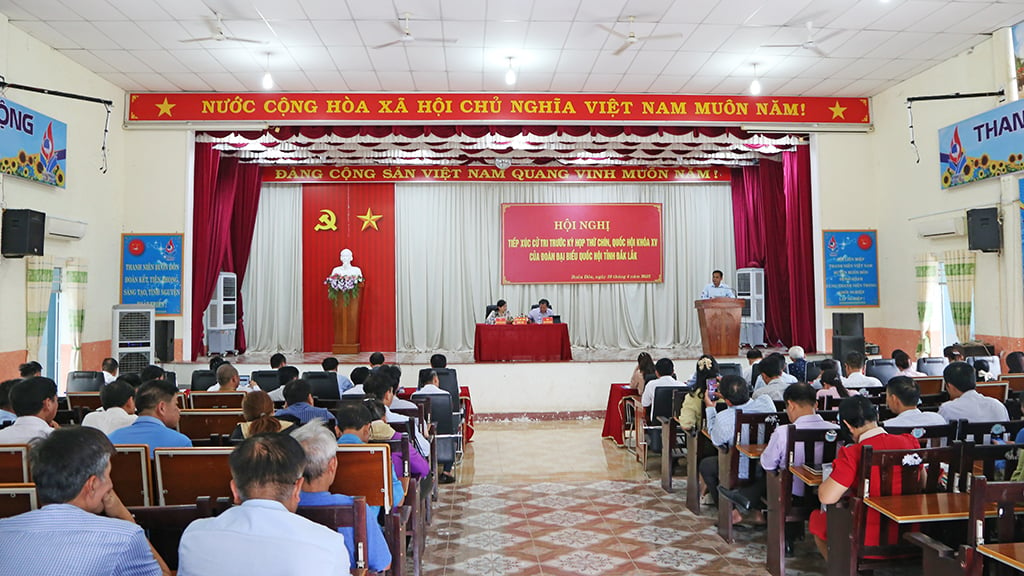














Comment (0)